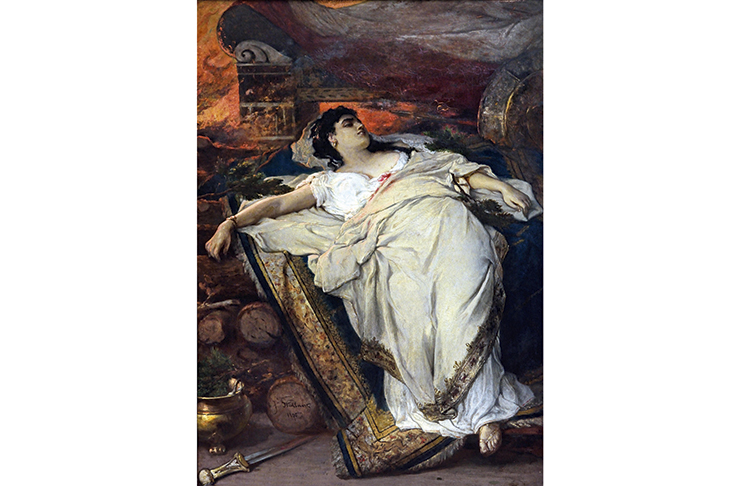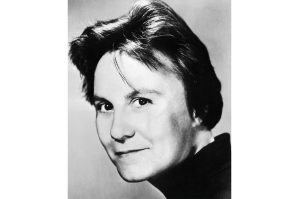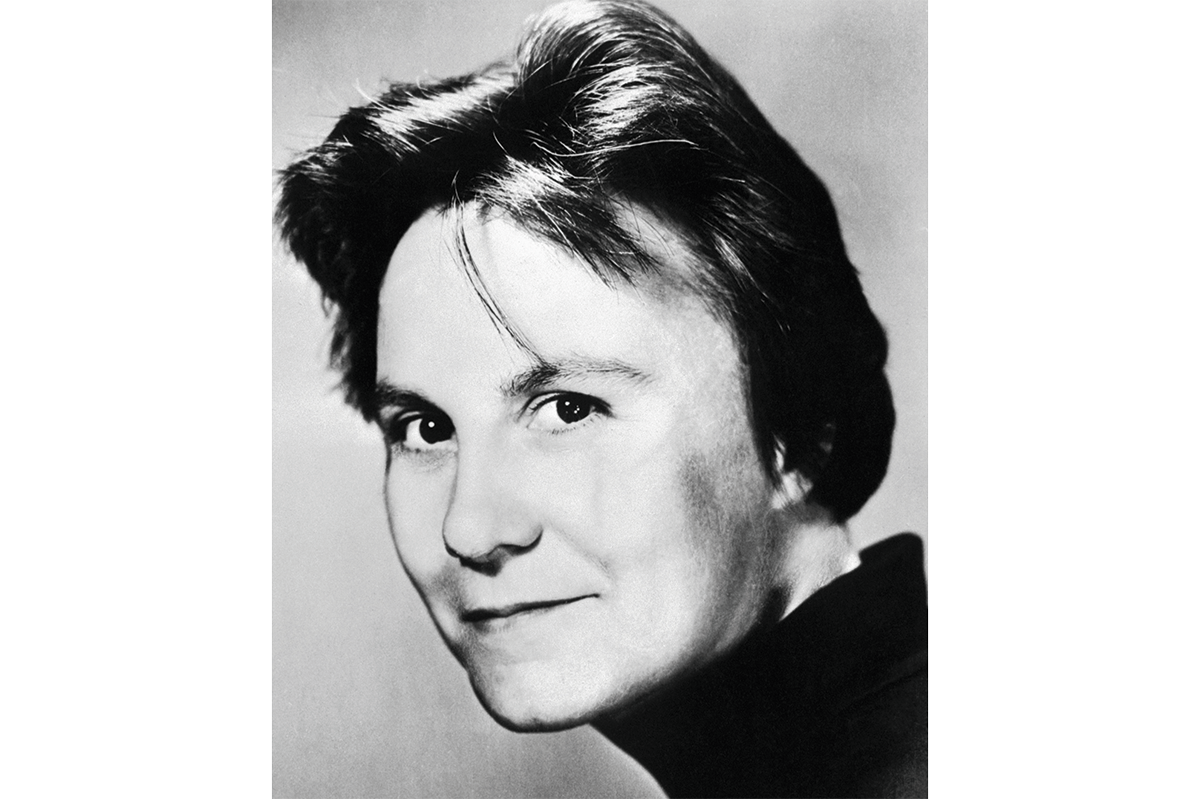In the past few years there has been a flourishing of literary responses to the Trojan war. To mention a few: Barry Unsworth’s elegant The Songs of the Kings enhanced the narrative with psychological flair; Alice Oswald’s beautifully distilled Memorial brought a disquieting focus on to the deaths of lesser heroes, as well as the electric beauty of the Homeric similes drawn from the natural world; and last year’s The Silence of the Girls by Pat Barker, which successfully imagined the Iliad with Agamemnon’s slave-girl as the narrator. Natalie Haynes, with A Thousand Ships, a retelling of the war and the stories around it, has entered a crowded field.
Haynes’s central premise is that heroism is vested as much in women as in men. When Menelaus loses Helen, he creates ‘countless widows, orphans and slaves’, whereas Oenone, the wife of Paris, ‘loses her husband and she raises their son. Which of those is the more heroic act?’ It’s a multi-faceted question, and myriad female voices are brought to bear in the attempt to answer it.
There is a neat structure. Haynes posits a peeved Calliope receiving invocations from, we assume, Homer. ‘How much epic poetry does the world really need?’ she muses (if you will forgive the pun). Intercut with Calliope’s commentary are the women’s stories she conjures to the poet’s unwilling mind. The major strand concerns the fate of Hecuba, Queen of Troy, bitter yet regal, as she and her few remaining daughters mourn in the shadow of their burning city, waiting to be parceled out to the conquering Greeks.
The war began with the sacrificial murder of Agamemnon’s daughter Iphigenia, and the terrible end of Priam’s daughter, little Polyxena, slaughtered for the hungry ghost of Achilles, reminds us that this glorious myth is bookended by the murders of two defenseless young princesses.
There are two problems with Haynes’s approach. The first is that the claim her book gives voice to the women of epic for the first time is disingenuous. Euripides got there first, with his many plays based around women; and Ovid, with his often glittering Heroides, imagined the abandoned women of myth writing to their lovers. Though Haynes acknowledges the sources, she is too faithful to them. The second is that the multiplicity of viewpoints means that quite often we get straightforward retellings of very well-known myths, such as the Judgment of Paris. The ground feels as well-trampled as the battlefields before Troy.
It’s in the interstices, of which I wanted more, that Haynes is at her best, and in her intriguing recasting of the whole as an ecological fable. The Earth goddess Gaia decides that there are too many mortals, and war is one way of getting rid of them. Mankind must change.
If you are new to myths, then this is a learned, well-fashioned introduction, with many shining moments of subtle power.
This article was originally published in The Spectator magazine.

























